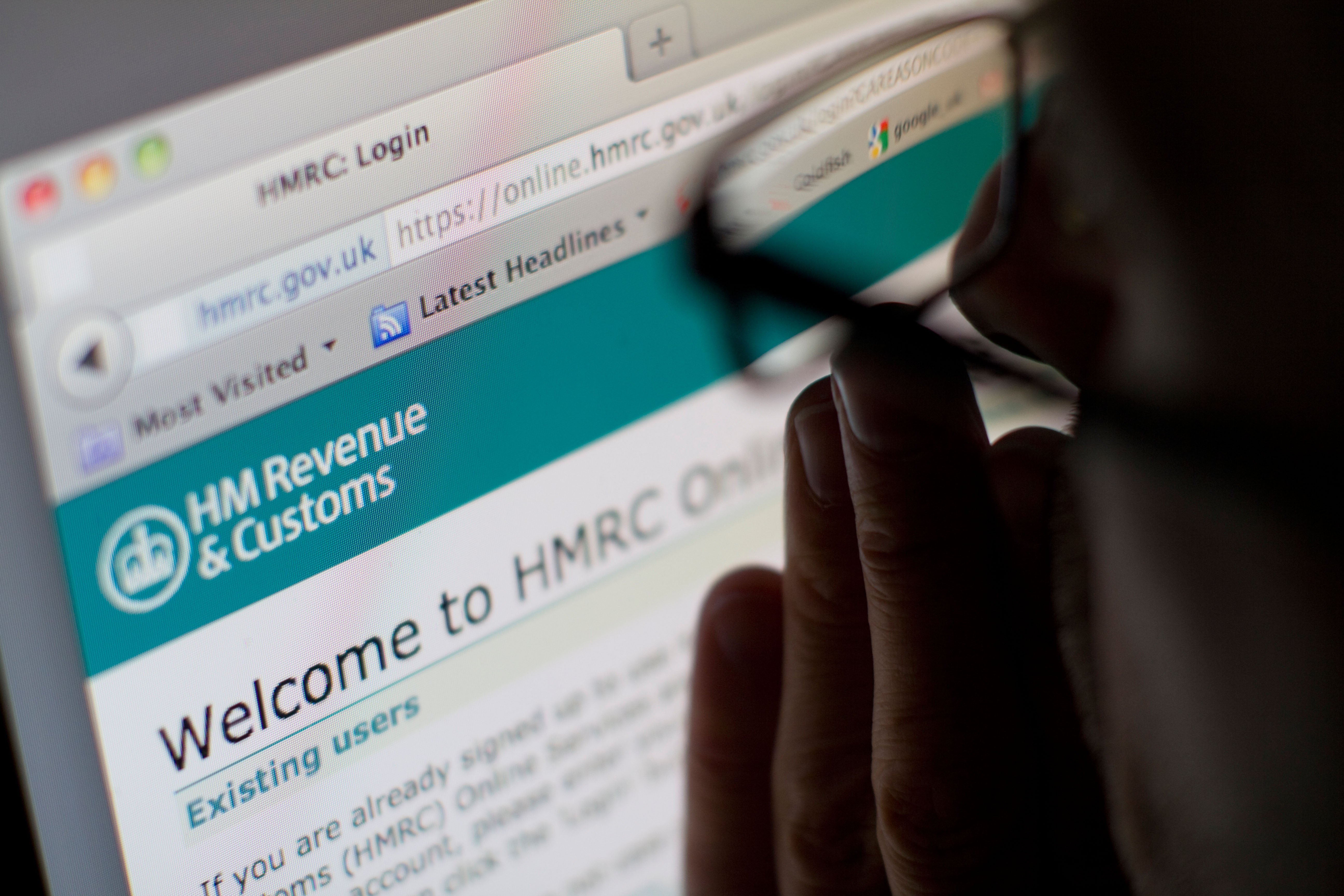MPs push for new law to stop promoters of tax dodging getting away ‘scot free’
Senior Labour MP Dame Margaret Hodge said enablers of “egregious tax avoidance” needed to be “held to account”.

Your support helps us to tell the story
From reproductive rights to climate change to Big Tech, The Independent is on the ground when the story is developing. Whether it's investigating the financials of Elon Musk's pro-Trump PAC or producing our latest documentary, 'The A Word', which shines a light on the American women fighting for reproductive rights, we know how important it is to parse out the facts from the messaging.
At such a critical moment in US history, we need reporters on the ground. Your donation allows us to keep sending journalists to speak to both sides of the story.
The Independent is trusted by Americans across the entire political spectrum. And unlike many other quality news outlets, we choose not to lock Americans out of our reporting and analysis with paywalls. We believe quality journalism should be available to everyone, paid for by those who can afford it.
Your support makes all the difference.Anti-corruption campaigners in Parliament are planning to push for a new law that would make it easier to prosecute enablers of “egregious tax avoidance”.
The cross-party group, led by Labour MP Dame Margaret Hodge, is planning to table an amendment to the second Economic Crime Bill that would remove the requirement to prove people promoting tax avoidance schemes had been dishonest.
The law would target tax advisers, lawyers and accountants who, Dame Margaret said, often got away “scot free” even if the schemes they promoted were found to be unlawful.
This simple new law will allow us to clamp down on the promoters that enable criminal tax dodging
Dame Margaret, who chairs the all-party group on anti-corruption and responsible tax, said: “In order to bear down on egregious tax avoidance, we must tackle the role of enablers by holding them to account for their advice.”
She added: “In the most serious cases, these enablers should be subject to criminal prosecutions. However, prosecuting these bad actors under existing law is made harder by the need to prove they’re dishonest.
“Without strengthening the ability of law enforcement to tackle these enablers by making prosecutions practical and possible, there is little credible deterrent against the minority of wrongdoers that profit by trading in the very worst tax advice.”
The amendment planned by the anti-corruption group would remove the requirement to prove that a defendant had behaved dishonestly and replace it with a “double reasonableness test”, where prosecutors would have to show only that it was not reasonable to believe that a tax avoidance scheme was reasonable.
This will be the group’s second attempt to change the law, having failed to pass a similar amendment to the Finance Bill in April 2021.
Since then, the all-party group has commissioned leading criminal barrister Justin Rouse QC to address the Government’s concerns that the changes would end up criminalising people who had inadvertently promoted tax avoidance schemes that would not work.
Mr Rouse’s advice was that scenarios that might result in an unjust prosecution were “inherently unlikely” and the amendment would “simply … enable prosecutions of dishonest advisers that would otherwise be very difficult for evidential reasons”.
Dame Margaret added: “This simple new law will allow us to clamp down on the promoters that enable criminal tax dodging, and that’s why this proposal should be in the Government’s upcoming Economic Crime Bill.
“Our APPG will be campaigning cross-party to ensure that this measure, and many others, are included in this vital piece of legislation.”
Other leading members of the all-party group include former Conservative cabinet minister Andrew Mitchell along with Labour’s Rupa Huq and Conservative Nigel Mills.